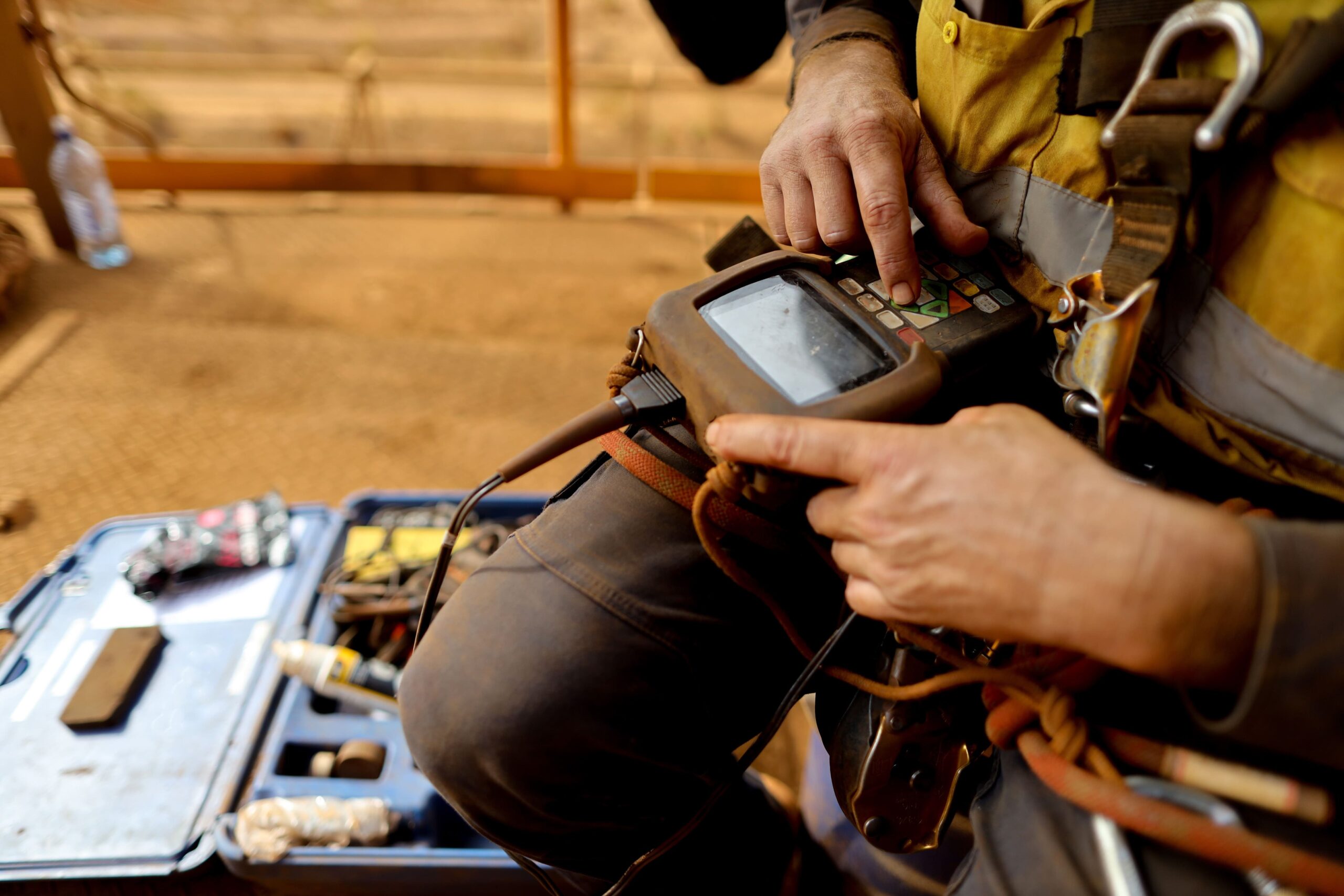Request A Quote
41 Spring Hill Rd, Saco,
ME 04072
ME 04072
Our capabilities in industrial calibration include the use of a wide range of processes and devices to guarantee reliability, accuracy, and the utmost performance of systems and instruments installed in different industries.
Here, we highlight some vital elements of our calibration expertise for industries:

Industrial sectors such as manufacturing, aerospace, automotive industries, pharmaceuticals, energy, and telecommunication have always had to depend on any available industrial calibration capabilities due to some major concerns like product quality, maintenance process effectiveness, and regulatory compliance. By ensuring accurate and dependable measurements, calibration reduces downtime errors and improves performance within industrial operations.
LAW Calibration will calibrate your crucial instruments, assuring correctness, efficiency, and reliability in your equipment and apparatus. This will ensure safe and necessary production and compliance with factory standards and regulations.
We offer professional calibration services in the following regions